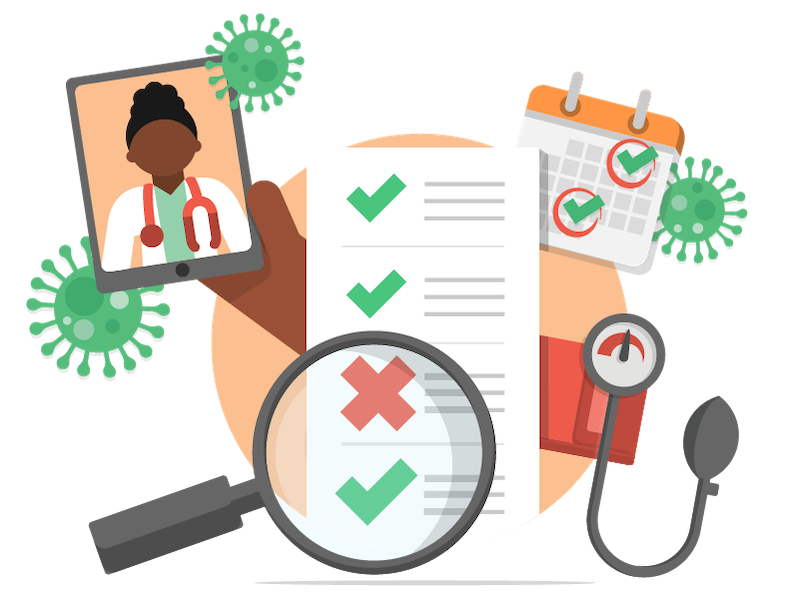Americans are more aware of their health
As scientists and researchers have raced to make sense of COVID-19, it was clear from the start that it didn’t impact all people the same. Those with certain conditions, such as obesity or heart disease, are more likely to experience a severe case and face complications. For some people, that threat has made them more proactive about adopting healthy habits.
Almost half of the respondents say they’re focussing on their health more than ever before: 24% are eating better, 21% are exercising regularly, and 21% are focusing on their mental health. Among those who have taken steps to focus on their health, 43% say they’re more satisfied with their life than they were before, compared to just 21% of those who haven't taken such steps.
Health Boost: Whether it’s quitting smoking, lowering A1C levels or losing weight, health goals aren’t achieved overnight. Even small lifestyle changes can have a big impact on health outcomes. For example, research shows that losing 5% of your body weight (that would be 10 pounds if you weigh 200 pounds) is likely to improve health outcomes, like lower blood cholesterol, blood pressure, and blood sugar. Rather than think of healthy habits as all-or-nothing endeavors, pick one manageable step to focus on and celebrate your progress.
But they’re putting off that appointment
When COVID-19 sent a ripple of stay-at-home orders across the nation last spring, many people put off or rescheduled their doctor’s appointments. Those anxieties about returning to the doctor’s office haven't fully lifted. In fact, 41% of Americans say they’re worried about visiting a health care provider for fear of contracting or spreading COVID, and 38% plan to avoid non-emergency health care providers until COVID-19 is under control. For more than one-third of Americans, that’s already resulted in missed screenings, appointments, and planned procedures.
Health Boost: Pressing pause for too long on health care appointments can be risky, too. Your doctor can help you best manage chronic conditions, encourage you to follow through on recommended screenings (remember, the earlier a serious medical issue is spotted, the better), and address any health questions or concerns you have as soon as they crop up.
There are easy, effective ways to make an in-person appointment less risky — such as wearing a mask, practicing social distancing in the waiting room, packing hand sanitizer, and limiting who else comes with you to the appointment. Try calling your provider’s office in advance to ask what precautions they’re taking and what other recommendations they might have to limit your exposure. Who is better prepared to implement COVID precautions than medical professionals? Also keep in mind that not all appointments require you to leave your house: Virtual visits are now much more commonplace, and even if your doctor didn’t offer a telehealth option before, they may have one now.
The State of Preventive Care











